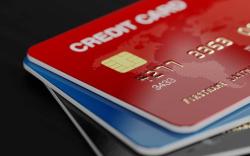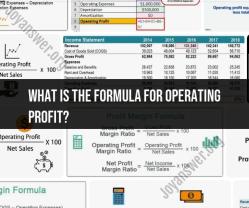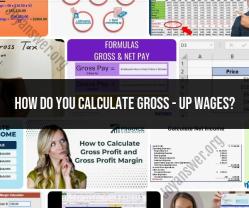Should I pay off debt or invest extra cash?
The decision to pay off debt or invest extra cash depends on various factors, including the type of debt, the interest rates involved, your financial goals, and your risk tolerance. Here are some guidelines to help you make the right financial choice:
1. High-Interest Debt Takes Priority:
- Start by addressing high-interest debt, such as credit card debt or payday loans. These typically have very high interest rates, and paying them off should be a priority. The interest you're paying on these debts can often exceed what you might earn through investments.
2. Build an Emergency Fund:
- Before aggressively paying down debt or investing, ensure you have an emergency fund with enough savings to cover 3-6 months of living expenses. This fund provides a financial safety net for unexpected expenses or job loss.
3. Consider the Interest Rates:
- Compare the interest rate on your debt to the expected return on your investments. If your debt carries a high-interest rate (e.g., credit card debt at 18% APR), it's generally more financially prudent to pay off the debt because it's unlikely you'll earn a similar return through investments in the short term.
4. Tax-Advantaged Accounts:
- Take advantage of tax-advantaged retirement accounts like 401(k)s and IRAs, especially if your employer offers a 401(k) match. Contribute enough to get the full match because it's essentially free money. Investing in tax-advantaged accounts can provide both tax benefits and potential long-term growth.
5. Diversify Your Approach:
- You don't have to choose one or the other exclusively. You can strike a balance by allocating some extra cash toward debt repayment while also investing. This diversification allows you to work toward both short-term and long-term financial goals.
6. Evaluate Your Financial Goals:
- Consider your financial goals and time horizon. If your goal is to retire comfortably in the long term, investing may be a priority. However, if you're concerned about reducing financial stress and increasing your financial security, paying off high-interest debt can provide immediate relief.
7. Risk Tolerance:
- Assess your risk tolerance. Paying off debt is a guaranteed return on your money because you're saving on interest. Investing, on the other hand, comes with market risks. If you have a low tolerance for risk, paying off debt may be a more comfortable option.
8. Psychological Factors:
- Some people find peace of mind in being debt-free, and this can improve their overall financial well-being. If the emotional burden of debt is significant, it may be worth prioritizing debt repayment.
In summary, there's no one-size-fits-all answer to the debt payoff vs. investing question. It's a matter of personal circumstances and preferences. High-interest debt should generally be addressed first, but beyond that, you can strike a balance between debt repayment and investing based on your financial goals, interest rates, and risk tolerance. It's often helpful to consult with a financial advisor to create a tailored plan that aligns with your specific situation and objectives.
The question of whether to pay off debt or invest extra cash is a common one that many people face. There is no one-size-fits-all answer, as the best decision will depend on your individual circumstances. However, there are some general factors to consider when making this decision:
- Your interest rate. If you have high-interest debt, such as credit card debt, it usually makes more sense to pay off that debt first before investing. This is because you are likely to earn a higher return on your money by paying off your debt than you would by investing it.
- Your investment goals. If you have specific investment goals, such as saving for retirement or a down payment on a house, you may want to prioritize investing. However, it's important to make sure that you are still making at least the minimum payments on your debt.
- Your risk tolerance. Investments come with risk, so it's important to consider your risk tolerance before investing. If you are not comfortable with the risk of losing money, you may want to prioritize paying off your debt first.
Here is a general rule of thumb: If the interest rate on your debt is higher than the expected return on your investment, then you should prioritize paying off your debt first. However, if the expected return on your investment is higher than the interest rate on your debt, then you may want to prioritize investing.
Here are some additional tips for making the decision of whether to pay off debt or invest extra cash:
- Create a budget. This will help you to get a better understanding of your income and expenses. Once you have a budget, you can start to allocate your money to different priorities, such as debt repayment, investing, and savings.
- Set financial goals. What do you want to achieve with your money? Do you want to pay off debt? Save for retirement? Buy a house? Once you know your financial goals, you can start to develop a plan to achieve them.
- Talk to a financial advisor. A financial advisor can help you to assess your individual circumstances and make the best decision for you.
Ultimately, the decision of whether to pay off debt or invest extra cash is a personal one. There is no right or wrong answer. The best decision for you will depend on your individual circumstances, financial goals, and risk tolerance.













